One afternoon in the early 1950s, the lawyer Paul Porter was walking through his private club in Washington when a fellow member accosted him. Porter’s firm, Arnold, Fortas & Porter, was only a few years old, but it was already well known around the capital for representing federal employees accused of disloyalty by the Truman administration — as many as 200 a year, almost all pro bono. It was a risk that few other firms were willing to take at the height of the Red Scare.
“Paul, I understand your firm is engaged in defending communists and homosexuals,” the man sneered.
“That’s right,” Porter shot back, then deadpanned: “What can I do for you?”
In later years this encounter, or some version of it, became part of the lore around Arnold, Fortas & Porter. It spoke to the firm’s eager embrace of civil-liberties cases in the face of mounting government intrusion into the private lives of millions of its employees, as well as a legal community that overwhelmingly shrank from the moment, lest it lose clients and gain the unwanted attention of Sen. Joseph McCarthy.
The firm was founded in 1946, at the very beginning of the Red Scare, the era of anti-communist hysteria during which the country turned on itself, subjecting millions of Americans to investigations into their personal beliefs and associations. There was a real reason for concern about Soviet espionage, but the situation quickly devolved into witch hunting. The moment demanded a vigorous defense of civil liberties. Arnold, Fortas & Porter was among the few D.C. firms who rose to the challenge.
Today we once more see a legal community divided over how to respond to a mounting legal crisis in a climate of confusion and fear. After the firm of Paul Weiss agreed to a series of concessions to avoid presidential punishment, many observers worried that the rest of the nation’s top firms — stocked with some of America’s best legal minds — would follow suit.
It is important to recognize the differences between then and now — Arnold, Fortas & Porter did not face an administration bent on punishing its perceived enemies. Still, the firm’s story offers a refreshing example of a firm that went the other direction and stood on principle when its peers did not.
Thurman Arnold did not intend to go into the loyalty business when he reached out to Abe Fortas, one of his former students at Yale Law School, about starting a firm together. Both men were veterans of the New Deal: Arnold had run the antitrust division at the Justice Department before becoming a judge on the D.C. Court of Appeals, while Fortas had been undersecretary of the interior. A year later they brought on Porter, a former chairman of the Federal Communications Commission.
Their dream was to build a commercial practice on a portfolio of deep-pocket corporate clients, with a dollop of pro bono work on the side. But almost immediately, they found themselves enmeshed in so-called loyalty cases stemming from a new, expansive system of personnel checks established by President Harry S. Truman in an effort to root out Soviet spies.
During its five and a half years in operation, Truman’s loyalty program involved 4.76 million background checks, at a cost of $25 million a year (about $357 million in 2025). The screens resulted in 26,236 field investigations by the FBI, many of which culminated in orders to appear before a loyalty review board. Some 6,800 people resigned or withdrew their job applications, and 560 were fired.
The system was both necessary in theory — Soviet espionage was a real concern — and ripe for abuse in practice. Much of the testimony brought before review boards was anonymous; in many cases defendants did not even know the details of the charges against them. Because these were administrative hearings, not court cases, employees were not afforded the usual due process protections — even though, as Arnold wrote in a 1947 letter, the impact on a person’s reputation was enormous. “The dismissal of a government employee on charges of disloyalty or for security reasons,” he said, “is a penalty more severe than the conviction for a crime.”
The firm’s first major case involved Dorothy Bailey, a mid-level supervisor at an agency that trained local employment officers — hardly a sensitive position. An anonymous source accused her of being a Communist or a member of a Communist front, all of which she denied. When Bailey was called before a review board in 1948, she asked Arnold, Fortas & Porter to represent her.
The partners sprang into action: All three helped prepare her affidavit, and Porter accompanied her to her hearing. Still, the board decided against her. It was not a hard call: Under the low standard outlined in Truman’s order, all it had to find was “reasonable ground” to conclude that she might be disloyal. To find otherwise would be an indictment of the FBI and its powerful director, J. Edgar Hoover. Bailey was fired in February 1949.
Arnold and Porter then personally took the case to court, eventually appearing before Arnold’s former colleagues on the D.C. Court of Appeals. They called the FBI to testify, but its agents refused to appear, because the bureau considered the agents’ identities confidential. “It is unthinkable that the president of the United States in this un-American manner puts federal employees at the mercy of secret police,” Arnold wrote in a brief.
It didn’t matter: Bailey lost 2-1 on a technicality — two of the judges said that as unfair as the process seemed, she was not a civil servant and had minimal job protections. In 1951 the Supreme Court split on her case, 4-4, making her termination final. (As a consolation to their client, the three lawyers made Bailey their office manager.)
Despite the loss, the Kafkaesque nature of the process motivated Arnold, Fortas & Porter to persist. Others took notice: By 1949, similar cases were flowing into the firm’s offices on 19th Street in downtown Washington. Soon it was spending nearly half of its potentially billable hours on pro bono work.
The firm had rules about what sort of clients it would take. It would not, for instance, take on avowed Communists as clients. The partners were deeply opposed to Communism and, as a practical matter, knew that the Communist Party insisted on dictating legal strategy. And, argues Spencer Weber Waller in his book Thurman Arnold: A Biography, such a stance made the firm’s lawyers more believable when they advocated on behalf of actual clients.
The loyalty-review process became part of the discomforting reality of Red Scare Washington, with most cases meriting nothing more than a short squib of an article inside the newspaper — an article that more often than not mentioned Arnold, Fortas or Porter as counsel. The majority of cases involved low-level government employees in obscure federal agencies — people who, by their very anonymity, could hardly be considered security risks, and yet were being hounded by a process and a political environment spinning out of control.
Among those clients who did merit front-page coverage was Owen Lattimore. An expert on China who taught at Johns Hopkins, Lattimore had been fingered by conspiracy-minded conservatives as a pro-communist operative, based on a few comments he had made that were critical of the Chinese Nationalist government. In a speech in early 1950, McCarthy called Lattimore the nation’s “top Soviet spy.”
At the time, Lattimore was on business in Afghanistan. He called his wife and told her to hire Fortas immediately, then rushed home. McCarthy’s allegations led to months of hearings on Lattimore before two separate Senate committees, then two indictments by the Justice Department accusing him of perjury. A lawyer from Arnold, Fortas & Porter was with him the entire time, up until the moment, in 1955, when the government dropped the whole thing. The firm later estimated that the Lattimore case, which was entirely pro bono, cost it the equivalent of $2.5 million today.
Despite the risks, taking on loyalty cases did not doom Arnold, Fortas & Porter. It grew steadily, and today, under the official name of Arnold & Porter Kaye Scholer, it is one of the largest firms in the world, with over 1,000 lawyers based in six countries. If anything, standing up to the Red Scare earned it a reputation for fearlessness, while costing little in the way of lost business — though at least one client, Sun Oil, is said to have dropped the firm because of its civil-liberties activism.
For that reason, some have questioned the purity of Arnold, Porter, & Fortas’s motives. Perhaps it was in part a marketing gimmick. But if so, it was a huge risk, one that the three highly regarded founders did not need to take. And if it was such a great gimmick, why was Arnold, Fortas & Porter the only one to try it?
The truth is that the three partners — and many of the associates they hired — had long and deep commitments to civil liberties, along with an outsider’s outrage at injustice, even in the face of a consensus that counsels acquiescence.
Arnold grew up in Wyoming and never lost his westerner’s maverick streak. “He was fearless enough, enough of an iconoclast, valued government service, and viewed this through his genuinely patriotic values,” Waller wrote. Fortas grew up an Orthodox Jew in Memphis, and he felt keenly the importance of protecting the vulnerable (although his reputation was eventually tarnished by a bribery scandal). And Porter, though he had a law degree, had spent most of his career as a liberal journalist in the Jim Crow South, giving him first-hand experience with injustice.
It may be unfair to hold up the Red Scare experience of Arnold, Fortas & Porter as a model for today’s firms, which may face penalties worse than lost clients. But it is also worth recognizing that the fledgling firm, confronted with a choice between following the crowd and speaking up, took the difficult route. And it paid off in a reputation that outlasted the government’s witch hunt.
“We were scared,” Fortas said, years later. “But on the other hand, what was there to be done?”
.png)


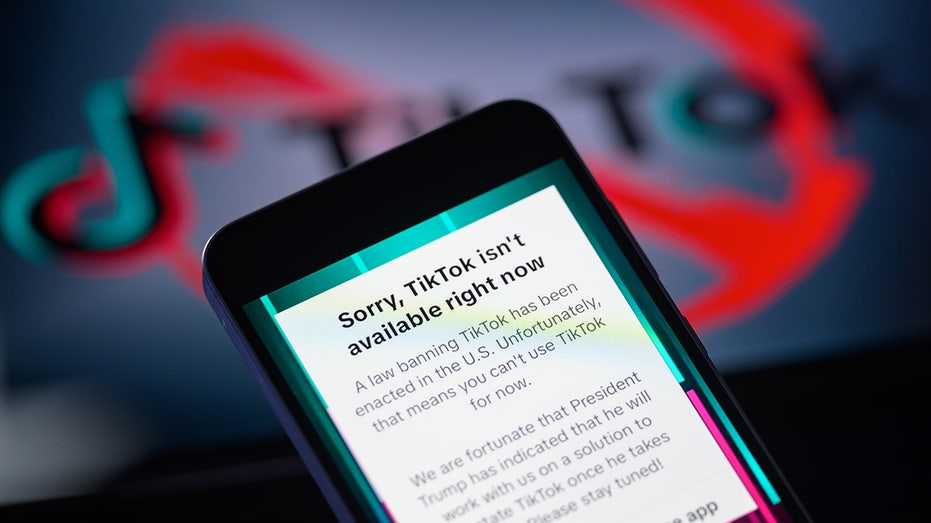
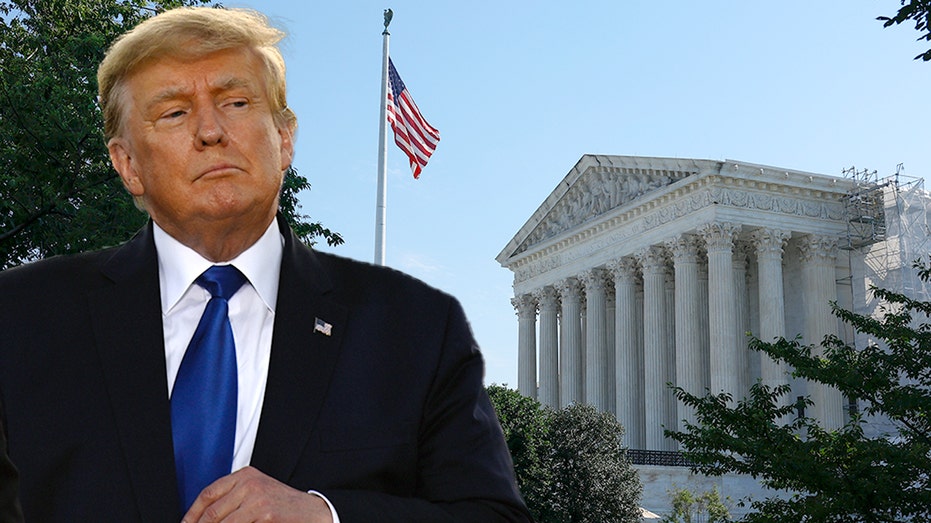

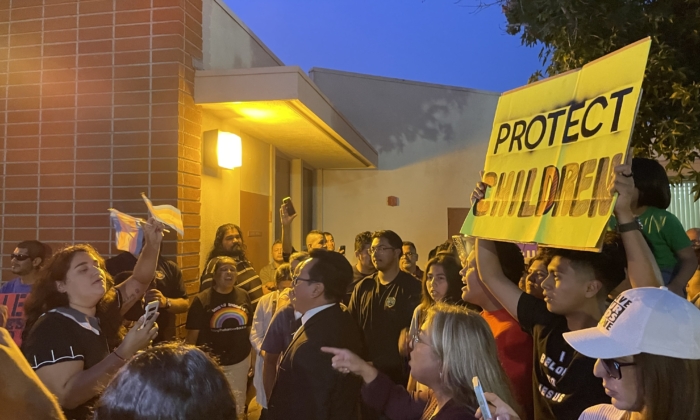





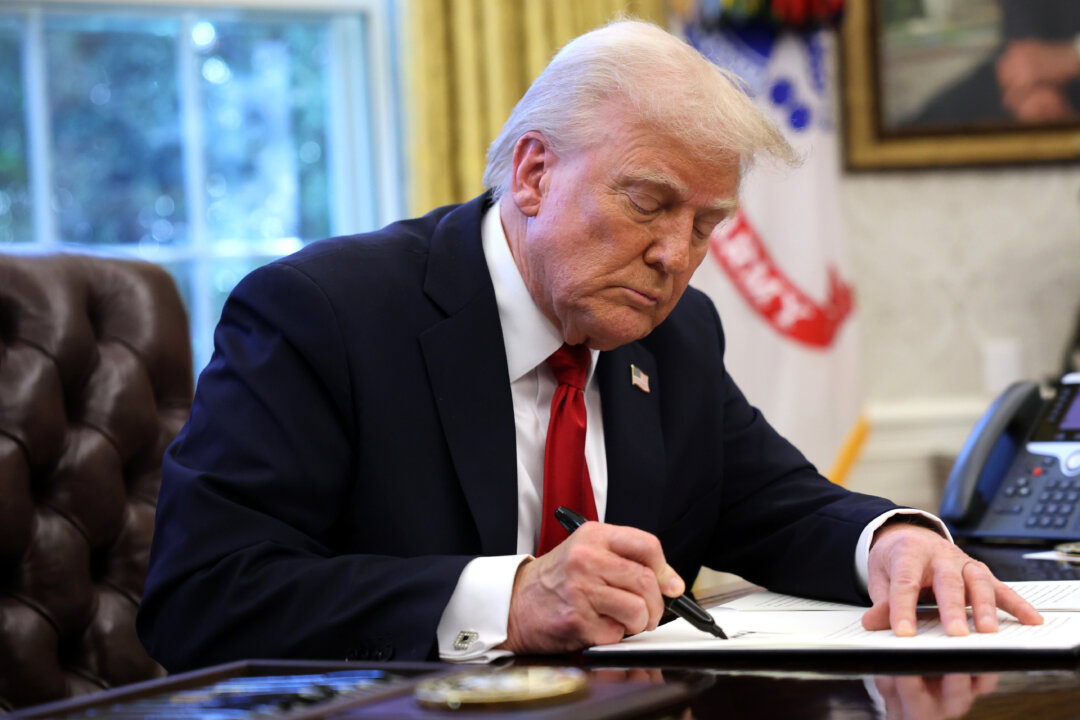
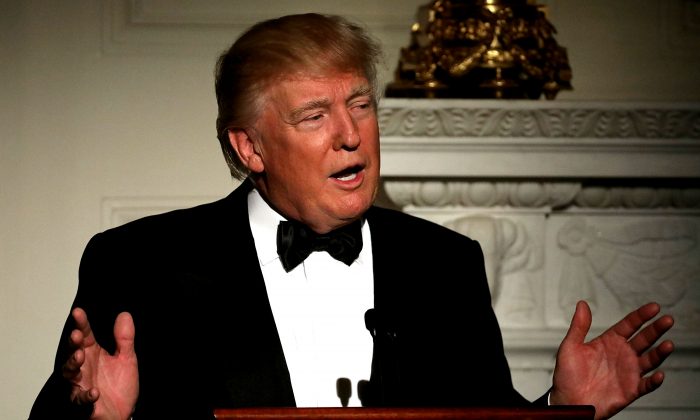
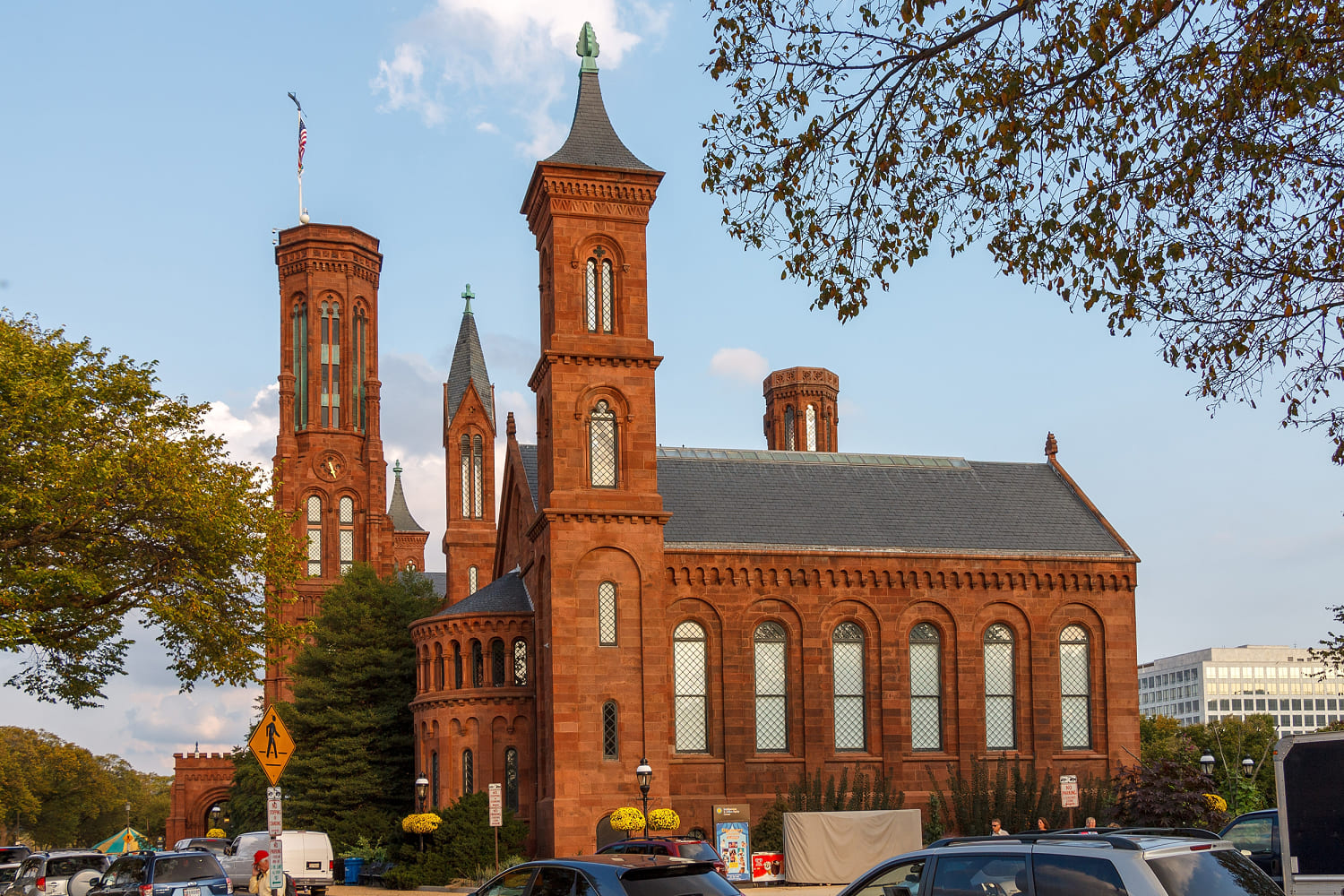
 English (US)
English (US)